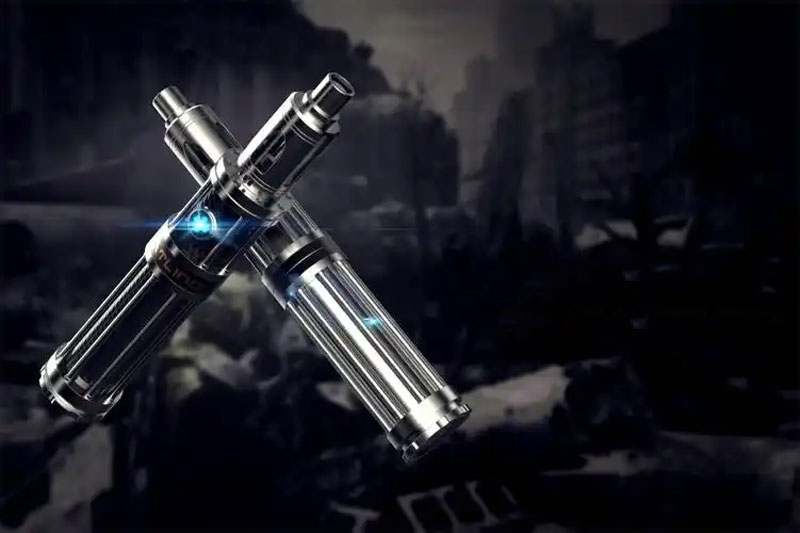Malaysia is gearing up for significant changes in its e-cigarette import regulations by 2025. These regulatory modifications are set to impact both importers and consumers who are part of the thriving e-cigarette industry in the nation. As the usage of e-cigarettes or vaping devices continues to grow, understanding these regulations is pivotal for all stakeholders. The Malaysian government has long sought to regulate this industry more efficiently to address health concerns and ensure quality and safety standards are met.
The Evolution of E-Cigarette Regulations in Malaysia
Currently, Malaysia has implemented specific guidelines regarding the sale and importation of e-cigarettes. However, as we approach 2025, these regulations are expected to become more stringent. Importers will need to navigate a new regulatory framework designed to control the influx of e-cigarettes and vaping products. Key changes might involve taxation adjustments, stricter import licensing, and compliance with health safety standards.
The Ministry of Health Malaysia has been actively involved in reshaping these regulations, advocating for changes that prioritize public health over commercial interests. The upcoming 2025 regulations will likely focus on reducing the availability of products with high nicotine content and ensuring that imported products meet rigorous quality checks.
It’s crucial for importers to stay ahead of these changes by engaging with regulatory bodies and ensuring their products align with the anticipated guidelines. This compliance will be essential for maintaining market access and avoiding potential legal complications.
Impact on Consumers and the Industry
As import regulations tighten, consumers may notice a shift in the variety and pricing of available e-cigarette products. These regulatory changes aim to balance consumer choices with health implications, possibly leading to a decrease in product availability or an increase in cost.
For consumers, it’s vital to understand how these regulations might affect their purchasing habits. Awareness around nicotine levels, product ingredients, and reliable vendor sources will be increasingly important.
Preparing for the Changes
Both importers and consumers must prepare for these unfolding regulations. Importers should prioritize compliance early on by revisiting their supply chains and ensuring full adherence to new standards. On the consumer side, education and awareness campaigns can help in understanding and adapting to these changes efficiently.
Moreover, workshops and seminars conducted by industry experts can provide valuable insights and advice on navigating the upcoming regulatory landscape. Staying informed will be key to both business success and consumer satisfaction.
FAQs

What are the expected changes in e-cigarette import regulations? The changes will likely include new taxes, licensing requirements, and heightened health safety measures for all e-cigarette products imported into Malaysia.
Why is Malaysia changing these regulations? These changes are being driven by public health concerns and an effort to ensure that all vaping products meet high-quality standards.

How can importers prepare for these changes? Importers should engage directly with regulatory bodies, ensure their products are compliant with anticipated guidelines, and attend industry seminars to stay informed.
Understanding Malaysia’s evolving e-cigarette regulations by 2025 is not only crucial from a compliance perspective but also offers an opportunity for importers and consumers alike to adapt to new standards that prioritize safety and health. By remaining informed and compliant, both consumers and businesses can continue to thrive in Malaysia’s dynamic e-cigarette market.
